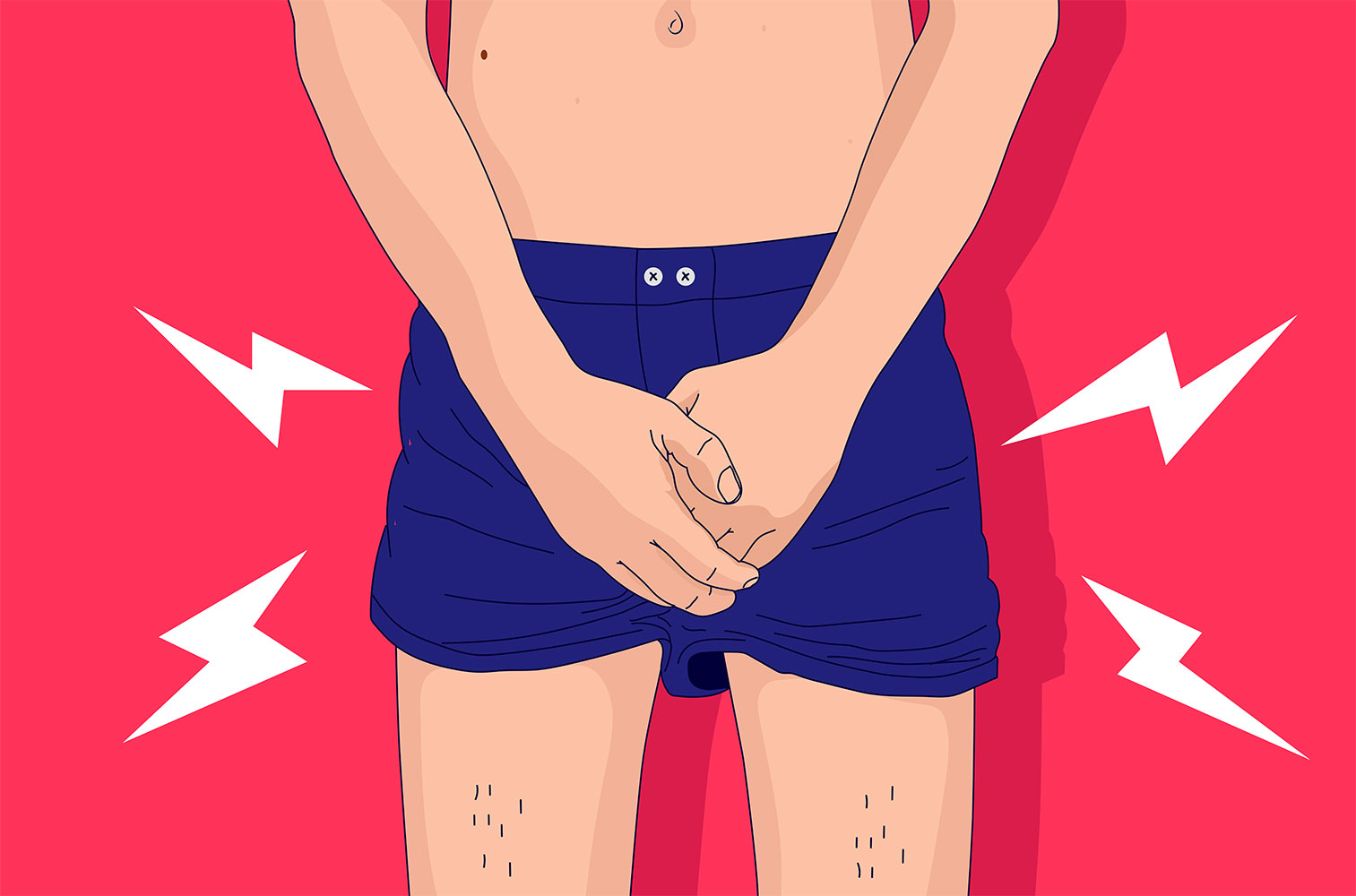Table of contents
The debate has been raging for a long time. Should children be circumcised? If so, at what age?
Whether for religious or hygienic reasons, studies conducted on the subject give inconclusive results. Here are some advantages and disadvantages of circumcision, so that you can make up your own mind about the issue.

Photo : (c) Shutterstock
An age-old debate
One third of men in the world are circumcised. This choice, often religious, is usually made by the family when the boy is still small. In some families, circumcision is performed when the child is an infant, in others before he reaches the age of ten.
However, even in non-Muslim or Jewish families, the question of circumcision is increasingly raised for reasons of hygiene. Indeed, the foreskin, this small part of skin that covers the glans, is difficult to clean and, above all, contains many bacteria. These bacteria can therefore become the cause of various infections, which can then be transmitted during sexual intercourse. More and more adult men are choosing to be circumcised on their own, to avoid all these problems and to finally have peace of mind.
At what age should I get circumcised?
That’s up to you. In some religions, circumcision is done at a very young age, in the first days of life of the infant. Mohammed, a prophet in Islam, is said to have had his children circumcised after seven days of life. However, even if it is now a common practice, it should not be forgotten that it can remain traumatic, and should not be performed anyhow. Any good doctor will recommend that you wait until the child is at least one year old, and that the operation is performed under general anesthesia in a hospital or clinic.
You can also decide to have the circumcision done as an adult. If you have regular health problems (such as urinary tract infections, or a stuck or non-retractable foreskin). The procedure is the same as for a child, as are the complications. You will need to make an appointment with a urologist to have it done.
Why get circumcised?
There are several reasons for circumcision. You may be circumcised or wish to have your child circumcised for ethnic or religious reasons (Islam, Judaism, etc.), but there are also other valid reasons that may lead you to this decision.
Hygiene reasons are often mentioned, as you will see in this article; circumcision helps enormously against certain infections, and washing the penis is facilitated by the absence of the foreskin.
Finally, aesthetics sometimes comes up. Many men – and women – find that a penis without foreskin is more pleasing to the eye than an uncircumcised penis. It’s a matter of taste, more than anything else.
The benefits
According to circumcised people and doctors, having circumcision reduces the risk of getting several diseases.
Reduced urinary tract infections
According to one study, circumcision may reduce the risk of urinary tract infection by 12 times, especially in infants. In their first year, 0.7% of babies would be taken to the hospital because of this infection.
If you are prone to many urinary tract infections, your foreskin may be the cause, and choosing circumcision could help you get rid of this sometimes disabling problem.
Reduced risk of getting an STI
Bacteria that lodge in the folds of the skin, especially in the foreskin, are not easily dislodged if the skin is not perfectly cleaned. This part of the skin that covers the glans penis is often the one that is most forgotten. Not cleaning it impeccably puts you at risk of retaining many viruses, contracting them and also transmitting them to your sexual partner.
According to an American study, the risks are reduced by 60% after a circumcision.
Less risk of AIDS
Be careful, this study should be taken with great care. Indeed, gentlemen, don’t forget that condoms are the only thing that can protect you (and others) against AIDS during sex.
According to an African study, the risk of contracting AIDS is lower with circumcision, because the cells of the foreskin are the most sensitive to HIV.
Decreased risk of penile cancer
Although extremely rare, some studies show that removing the foreskin greatly reduces the risk of getting penile cancer.
The disadvantages
Despite all these positive points found in circumcision, specialists and studies have found some disadvantages, which should not be overlooked.
Decreased lubrication
Some studies have shown that on both the male and female sides, lubrication would be less without the foreskin. This could cause problems of vaginal dryness for these ladies, but solutions are possible to overcome these difficulties.
Indeed, the use of a lubricant helps the man’s penis to penetrate more easily the woman, and to have less this sensation of “clinging”. Moreover, gentlemen, do not forget that you can thus put into practice your expertise of cunnilingus to please your lady.
Decreased sexual pleasure
Again, out of several circumcised men interviewed, the answer was not always the same. However, it was often found that orgasm was less easy to reach, especially during masturbation. This does not apply to all men, of course, but it is important to note this before you go under the knife.
If you are a premature ejaculator, you should know that despite what has been said, choosing circumcision will not help you delay that fateful moment.
To answer the question, no one can really be for or against circumcision. This surgical procedure has many advantages, some of which have been criticized, and also has some significant disadvantages.
Bottom line
If circumcision is something that runs in your family, you can compare these points with the men around you. If you or your child will be the first in your line to be circumcised, consider these points, as well as the advice of your doctor or urologist, to help you make your decision.
